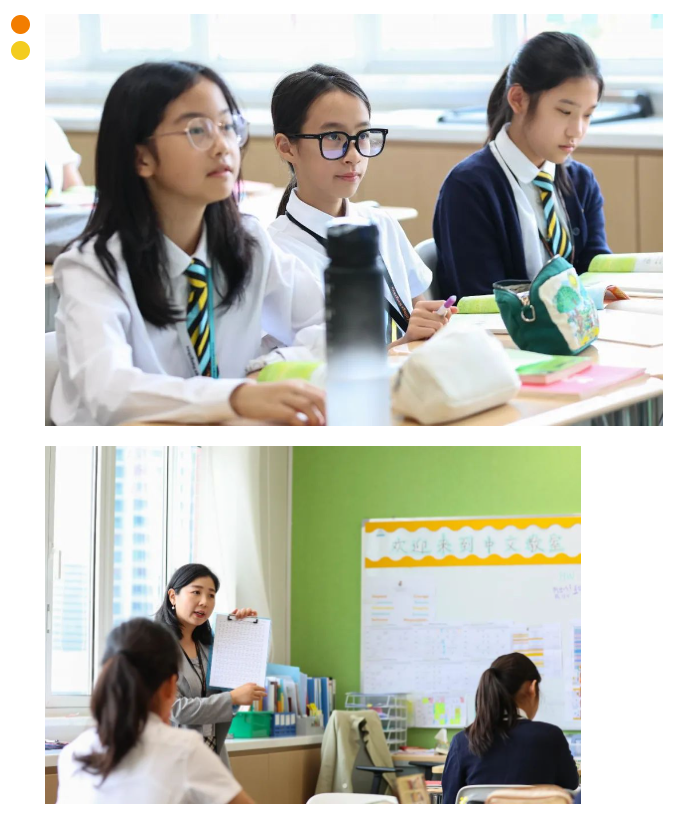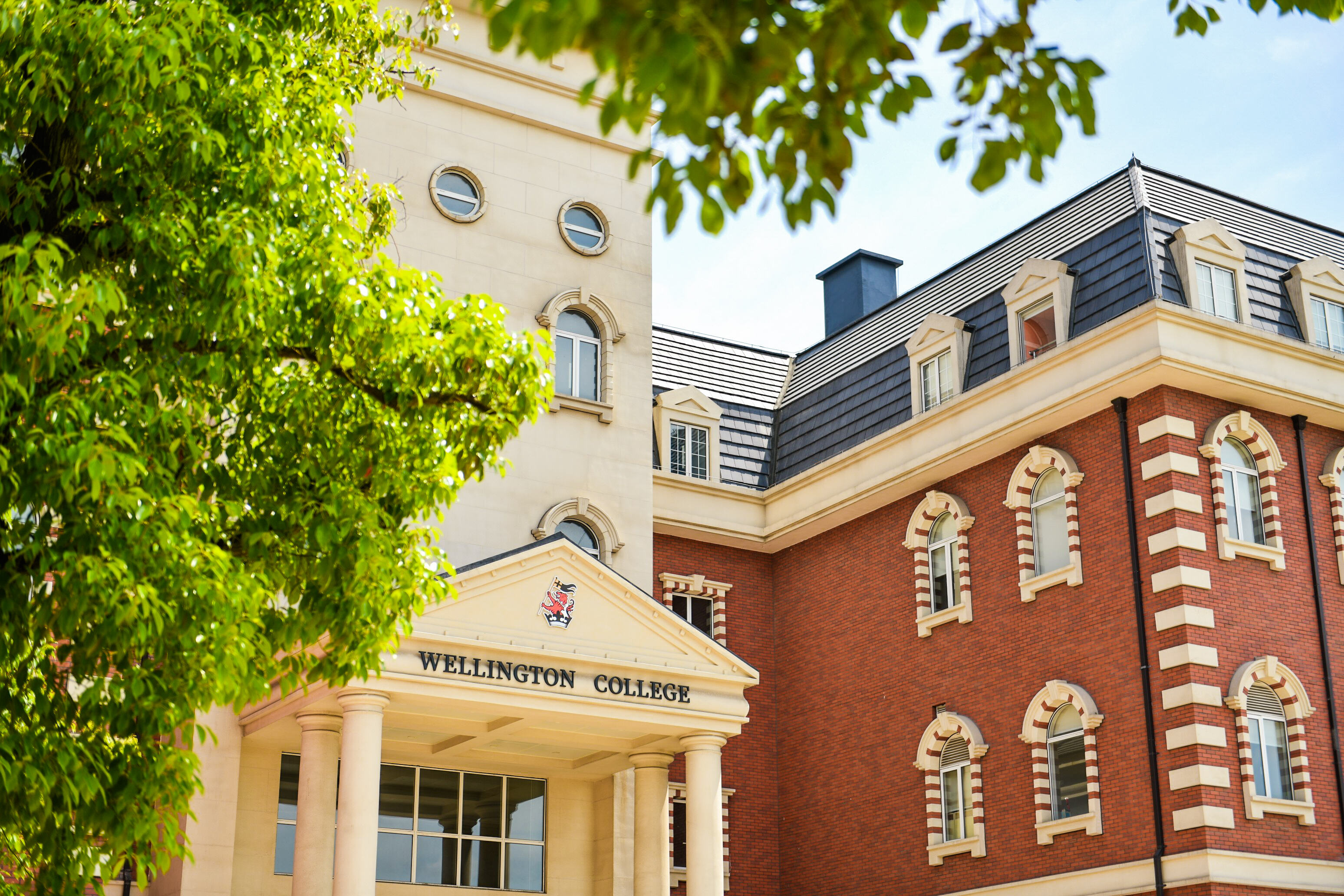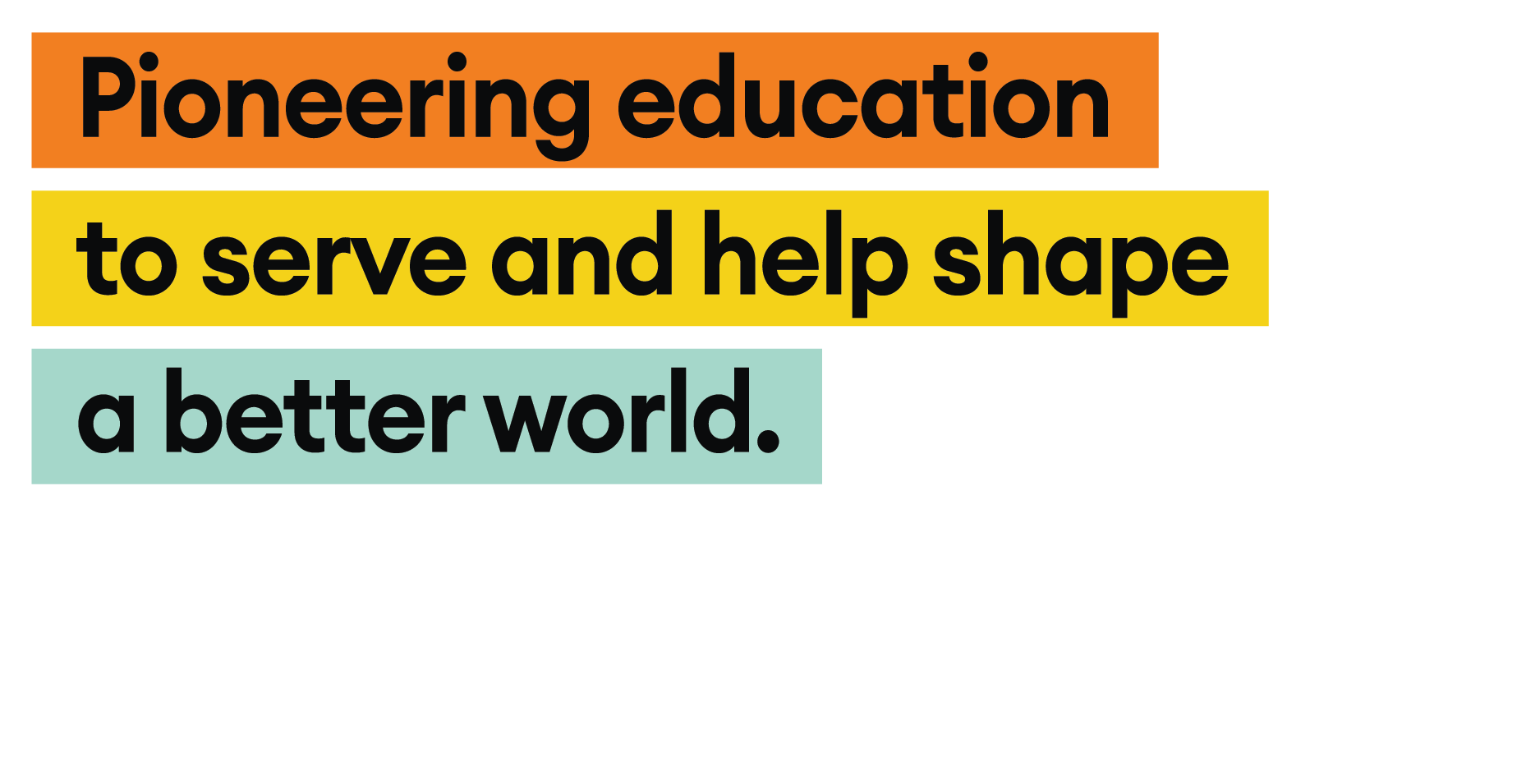Education Insight | Learning IGCSE Chinese at Wellington
At Wellington College International Hangzhou, Chinese is a core subject equally as important as English, Science and Maths.
Wellington presents a robust system for Chinese learning. For younger pupils in years 7 to 9, we offer native Chinese and non-native Chinese courses to consolidate pupils’ language foundation and help them transition to the next learning stage, or Key Stage 4. Pupils in year 10 will work jointly with their teachers and parents to decide which course is suitable for them to learn in the next two years and sit the Cambridge IGCSE Chinese in Year 11.
IGCSE Chinese Examination

There are three IGCSE Chinese courses, and Wellington offers them all to meet the different needs of our pupils. As a result, the courses differ vastly in terms of their content and exam time duration. The First Language Chinese examination consists of two papers that mainly assess candidates’ reading comprehension of contemporary and classical articles, directed writing, and writing in four genres, i.e. narrative, descriptive, argumentative, and discursive writing.
Chinese as a Second Language examination consists of reading and writing worth 60% and listening and speaking, each worth 20%. Therefore, this course focuses on reading and writing.
Mandarin Chinese consists of four balanced listening, reading, speaking, and writing papers, each worth 25%.
Teaching Method
Our Chinese teaching is differentiated and meticulously scaffolded to cater to the learning demand of pupils with different Chinese abilities. We answer pupils’ questions promptly as they require and offer targeted feedback to each pupil. Teamwork is integral to our language lessons, but staggered challenges are also provided for the learners to improve themselves constantly.
For non-native Chinese pupils, we use thematic teaching and incorporate real-life language material to help pupils learn Chinese.
For native Chinese learners, we adjust our teaching accordingly and use inspirational teaching. We guide pupils to explore the implied meaning of phrases for in-depth study, evaluation and application.
Chinese Course Assessment



We adopt ongoing and summative assessments while evaluating the learning outcomes of our pupils. For example, we assign class tasks and review pupils’ class performance and oral communication. Besides suggestions from teachers, we also encourage pupils to have self-evaluation and peer review.
For example, pupils know the assessment forms at the beginning of learning a unit, which means they understand whether a unit is to be assessed by a spoken or written task, independent or collaborative work. With a clear goal in mind, pupils can locate their strengths and weaknesses and identify how they can further challenge themselves or where more teacher support is required. As a result, they have a whole picture of their learning performance.


Wellington pupils won the first International Youth Chinese Writing Competition, placing Silver Medal globally and winning the Outstanding Award in the Main China group last academic year. It was our pupils’ first participation in a global Chinese language competition. Their success was a great inspiration for all the other pupils. With professional teachers and a robust curriculum, we are confident that Wellington pupils will continue to achieve more success soon.
Related Articles



















